Therefore, the implementation work must be regularly checked; existing limitations and bottlenecks must be assessed and promptly resolved without delay.
With a spirit of urgency and determination, sectors and localities have been synchronously implementing solutions, determined to bring Resolution 57 into life.
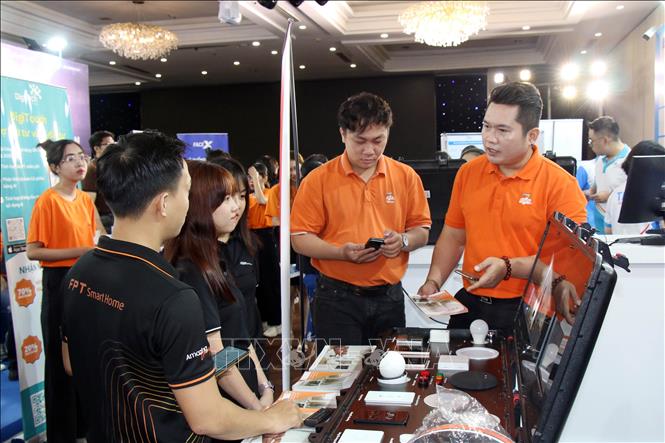
Making Vietnam a leading regional research and innovation center
By 2030, Vietnam will be among the top 3 countries in Southeast Asia in research and development of artificial intelligence (AI) is one of the important goals of Resolution 57. With its strategic location, preferential policies and abundant resources, Vietnam is attracting investment from many of the world's leading technology corporations.
On June 10, US high-tech corporation Qualcomm launched a new Artificial Intelligence Research and Development (AI R&D) Center in Vietnam. With a team of scientists , researchers and AI experts working in Hanoi and Ho Chi Minh City, the new AI R&D Center will be under Qualcomm's global AI Research group, playing a key role in developing generative AI and agentic AI solutions applied in many fields such as smartphones, personal computers, extended reality (XR), automobiles and Internet of Things (IoT) applications.
According to Mr. Thieu Phuong Nam, General Director of Qualcomm Vietnam, Cambodia and Laos, Qualcomm's activities in Vietnam closely follow the national strategies on artificial intelligence, semiconductor technology and digital transformation with a focus on technology transfer, ecosystem development cooperation and internal capacity enhancement. "Combining Vietnam's elite human resources with Qualcomm's global scale and expertise, we expect to be able to enhance the capacity to develop advanced, energy-saving AI solutions; at the same time, strengthen Vietnam's role in the global innovation value chain," Mr. Thieu Phuong Nam emphasized.
The Australia - Vietnam Strategic Technology Center (AVSTC) was officially opened on June 11 at the Academy of Posts and Telecommunications Technology, Hanoi .
The Centre was established on the basis of a cooperative initiative between the Australian Department of Foreign Affairs and Trade and the Vietnamese Ministry of Science and Technology , chaired by the Posts and Telecommunications Institute of Technology (PTIT) and the University of Technology Sydney (UTS), with Nokia as the founding corporate partner. The Australian Department of Foreign Affairs and Trade provided initial support of 2.1 million Australian dollars (AUD) to establish the Centre. Global telecommunications company Nokia provided technical equipment to support the Centre's operations.
Australian Ambassador to Vietnam Gillian Bird said the Australia-Vietnam Strategic Technology Centre in Hanoi is a concrete demonstration of Australia’s commitment to supporting science and innovation between the two countries, which is an important focus of the Comprehensive Strategic Partnership between the two countries. “By promoting research and cooperation on strategic technology, connecting Vietnamese and Australian science and education institutions, we are helping to translate Resolution 57 into real, measurable results,” Ambassador Gillian Bird said.
At the launch ceremony, eight strategic technology seed funding projects worth more than AUD 400,000 were announced. The projects focus on artificial intelligence, cyber security, satellites and quantum technology. The funding targets are collaborative research groups between universities, research institutes and businesses of the two countries.
Developing human resources in science and technology
On June 14, in Hanoi, the Ministry of Education and Training organized the implementation of projects on human resource development and cooperation between the three parties (state, school and enterprise).
Accordingly, the Ministry of Education and Training focuses on implementing four key projects that have just been approved by the Prime Minister , including: Planning the network of higher education and pedagogical institutions for the 2021-2030 period, with a vision to 2050; Project on training human resources to serve high-tech development for the 2025-2035 period and orientation to 2045; Project on developing a system of excellent training centers and talents in technology 4.0 by 2030; Project on training and fostering human resources to serve nuclear power development by 2035.
Deputy Minister of Education and Training Nguyen Van Phuc emphasized that “Triple-House Cooperation” is a prerequisite for Vietnam to build interdisciplinary innovation centers, industrial-academic clusters and gradually form a national innovation ecosystem.
The State plays a role in creating and planning institutions and policies, creating a favorable legal environment to encourage linkages and knowledge transfer, and investing in the state budget. Schools are not only places for training, but also centers for knowledge creation, scientific research, and technology transfer. Enterprises are not only places that employ workers trained by schools, but also places that apply, deploy, and commercialize research results, and are the most important partners of schools.
Digital transformation in direction, operation and task implementation
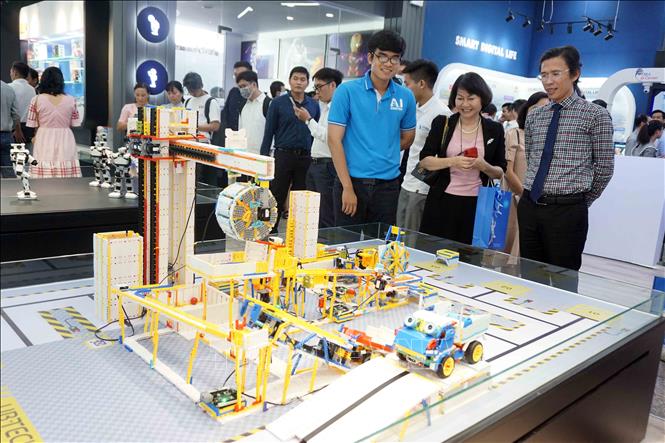
Implementing Resolution 57, the People's Committee of Tuyen Quang province organized a training course on "Application of artificial intelligence (AI) in supporting the direction, management and performance of tasks of cadres, civil servants and public employees". The training course was organized in a combination of direct and online formats at 154 connecting points with nearly 4,100 delegates participating.
Delegates were given basic knowledge and skills to apply AI in daily work practices by expert Hoang Nam Tien, Vice Chairman of the Board of FPT University, such as: promoting AI application in supporting the direction, management, and professional expertise of officials, civil servants, and public employees at all levels and sectors in the province; communication and exchange on AI with local socio-economic development in the new period; opportunities for business model innovation and strategic risks; AI application in operations, decision-making, drafting of administrative documents, documents, work planning, etc.
Chairman of Tuyen Quang Provincial People's Committee Nguyen Van Son requested agencies, units and localities to proactively apply and effectively apply digital transformation and AI to improve productivity and work quality; improve the quality of public services; build a democratic, professional, modern, streamlined, effective and efficient administration with the capacity to create development, integrity and serve the people. Immediately after the conference, departments, branches and localities urgently developed specific action plans to bring AI into management work, serving people and businesses.
The People's Committee of Binh Dinh province coordinated with Quy Nhon University to organize training and improve digital transformation and digital skills for leaders of departments, branches and sectors. This is the first training course for leaders of departments and branches in the province.
The training course aims to equip awareness of digital transformation, foster basic digital skills, help cadres, civil servants and public employees in the area effectively use digital tools to serve their work; at the same time, improve the capacity to ensure information security and apply digital technology and artificial intelligence in state management.
Binh Dinh continues to open more training courses for nearly 10,000 cadres, civil servants and public employees. The province aims to have all cadres and civil servants trained in digital skills by the end of June in accordance with the spirit of “Digital Literacy for All”, completing this task before the merger.
Source: https://doanhnghiepvn.vn/cong-nghe/dot-pha-theo-nghi-quyet-57-bang-nhung-hanh-dong-thuc-te/20250616061921923




![[Photo] Cutting hills to make way for people to travel on route 14E that suffered landslides](https://vphoto.vietnam.vn/thumb/1200x675/vietnam/resource/IMAGE/2025/11/08/1762599969318_ndo_br_thiet-ke-chua-co-ten-2025-11-08t154639923-png.webp)



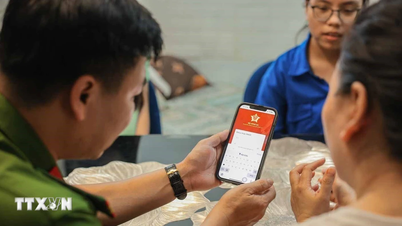

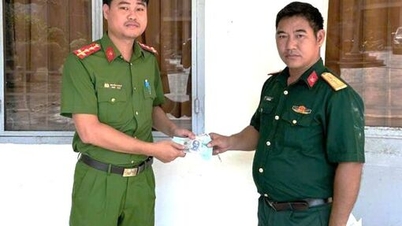

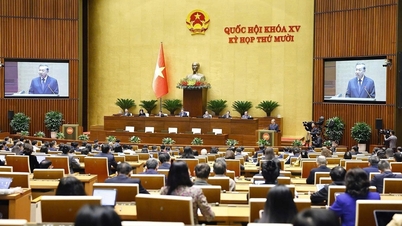



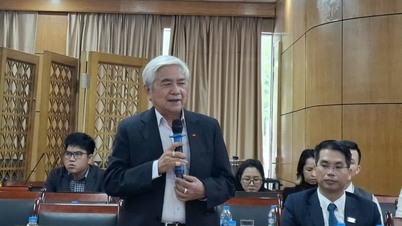
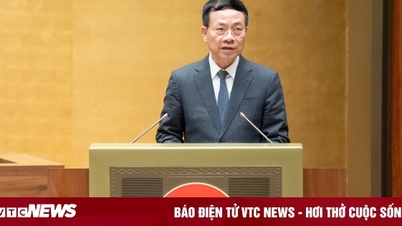




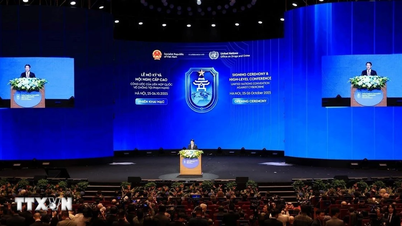








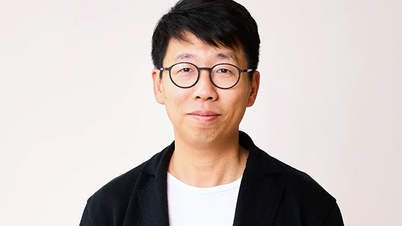



![[Photo] "Ship graveyard" on Xuan Dai Bay](https://vphoto.vietnam.vn/thumb/1200x675/vietnam/resource/IMAGE/2025/11/08/1762577162805_ndo_br_tb5-jpg.webp)








![[Video] Hue Monuments reopen to welcome visitors](https://vphoto.vietnam.vn/thumb/402x226/vietnam/resource/IMAGE/2025/11/05/1762301089171_dung01-05-43-09still013-jpg.webp)










































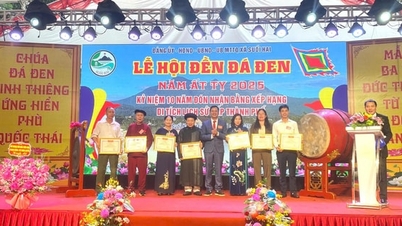





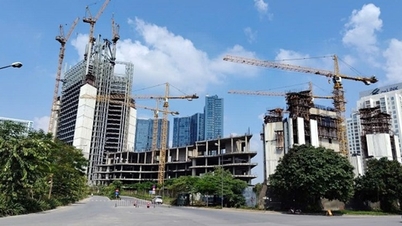


















Comment (0)